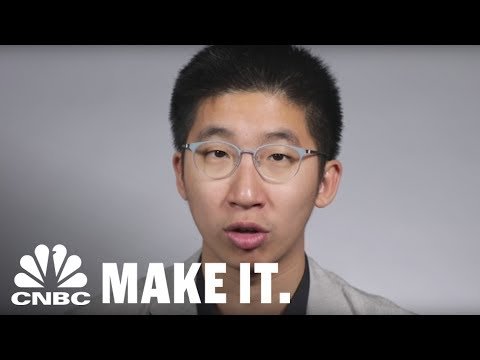In an era where self-help books line the shelves of bookstores and motivational speakers draw large crowds, a 26-year-old self-made millionaire’s recent advice stands out as rather unconventional. Speaking to CNBC Make It, this young entrepreneur and investor—who achieved millionaire status through a series of savvy business moves and investments in technology startups—asserts that chasing after endless self-improvement is a misallocation of one’s time and resources.
Rethinking Self-Improvement
The traditional narrative surrounding success often pushes the idea that continuous personal development and rigorous self-improvement regimes are pivotal. However, according to this entrepreneur, whom we’ll refer to as Alex, the pursuit can sometimes turn into an unproductive cycle that detracts from actual productive activities.
“Many people get too caught up in the self-help world,” Alex explains. “They attend seminars, read books, and listen to podcasts non-stop. While learning is important, there comes a point when it’s simply procrastination disguised as productivity.”
Focusing on Action Over Theory
Alex believes that for many aspiring entrepreneurs and individuals seeking financial success, the emphasis should be on actionable steps rather than theoretical knowledge-gathering. According to him, many people use learning as a crutch to avoid taking real action due to fear of failure or rejection.
“Success mostly comes from doing—not just knowing,” Alex states. He attributes his success to diving headfirst into ventures with enough foundational knowledge but prioritizes learning through experience over theoretical expertise.
The Practicality of Learning on a Need-to-Know Basis
Instead of consuming vast amounts of generalized advice that may or may not apply to one’s specific situation, Alex recommends a more tailored approach. He advocates for ‘just-in-time’ learning—acquiring specific knowledge precisely when it becomes necessary during the course of work or entrepreneurial activities.
“When I face a problem or need certain skills for my business deals, I seek out specific information to solve those issues,” he mentions. This approach not only saves time but also ensures that the information is directly applicable and retained more effectively.
The Cost of Over-Investment in Self-Help
Alex also highlights the potential financial burden associated with excessive investment in self-improvement products and seminars. The industry thrives by selling dream-like aspirations but often at hefty prices ranging from expensive courses to high-ticket conferences which might promise more than they deliver.
“People end up spending thousands believing it will buy them success,” says Alex. “But you can’t buy success; you have to build it.”
Building Genuine Skills Through Real Challenges
Furthering his argument against traditional paths of self-improvement, Alex emphasizes building genuine skills through engaging with real-world challenges rather than simulated scenarios often presented within motivational workshops or online courses.
“Handling real problems builds resilience and practical skill sets that no classroom or seminar can teach,” he asserts.
Conclusion
While continuous learning remains crucial in our rapidly changing world, Alex’s perspective offers a refreshing viewpoint worth considering amidst the booming industry of personal development. Balancing between acquiring necessary knowledge and taking decisive action might just be the recipe for tangible achievements over mere theoretical preparedness.
In conclusion, while self-improvement certainly has its place in personal development, according to this young millionaire’s experiences—real success might just lie outside conventional wisdom.

